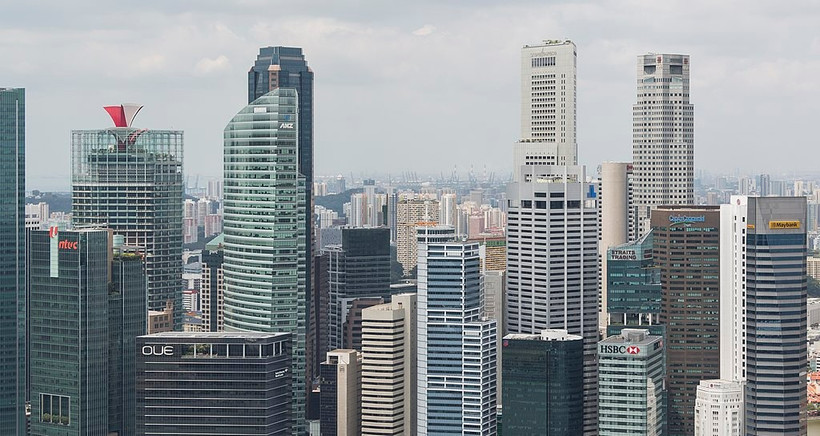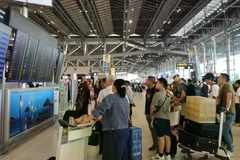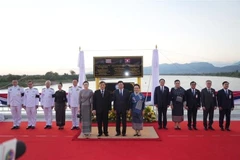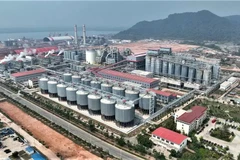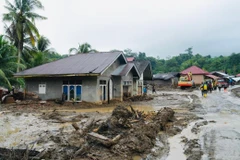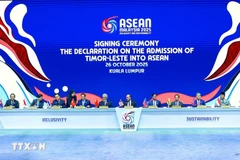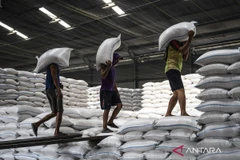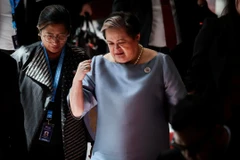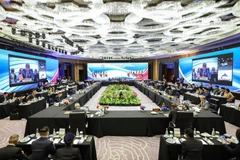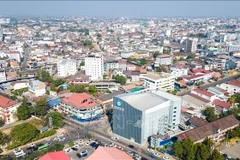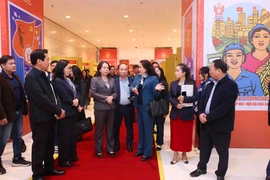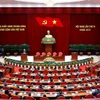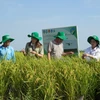Hanoi (VNA) - Singapore's core inflation fell to 0.6% year-on-year in May, largely due to the easing of food inflation, the Monetary Authority of Singapore (MAS) and the Ministry of Trade and Industry (MTI) said on June 23.
April's core inflation figure of 0.7% had marked the first year-on-year increase after six months.
Overall inflation dropped to 0.8% from 0.9% in April, due to lower private transport inflation.
Food inflation decreased from 1.4% in April to 1.1% in May. Private transport costs fell at a slower pace due to a smaller increase in car prices.
Electricity and gas inflation slowed further from -3.5% to -3.7% on the back of a larger decline in electricity prices.
Retail and other goods inflation fell at a slower pace from -1.2% to -1.0% due to a rise in the prices of household appliances and a smaller decline in the cost of personal effects.
Services inflation remained unchanged at 1.1%, as the larger increase in the costs of point-to-point transport services and health insurance offset a steeper decline in holiday expenses.
It was the same for accommodation inflation, which held at 1.1%, on account of a smaller increase in housing rents being negated by a larger increase in the cost of housing maintenance and repairs.
MAS and MTI said that Singapore’s imported inflation is expected to remain "moderate", noting that while global crude oil prices have risen in recent weeks, they are currently still close to the average in 2024.
Enhanced government subsidies for essential services such as public healthcare, pre-school education and public transport will continue to dampen services inflation, said MAS and MTI.
Taking these factors into account, Singapore’s core inflation and overall inflation are projected to average between 0.5% and 1.5% this year./.
